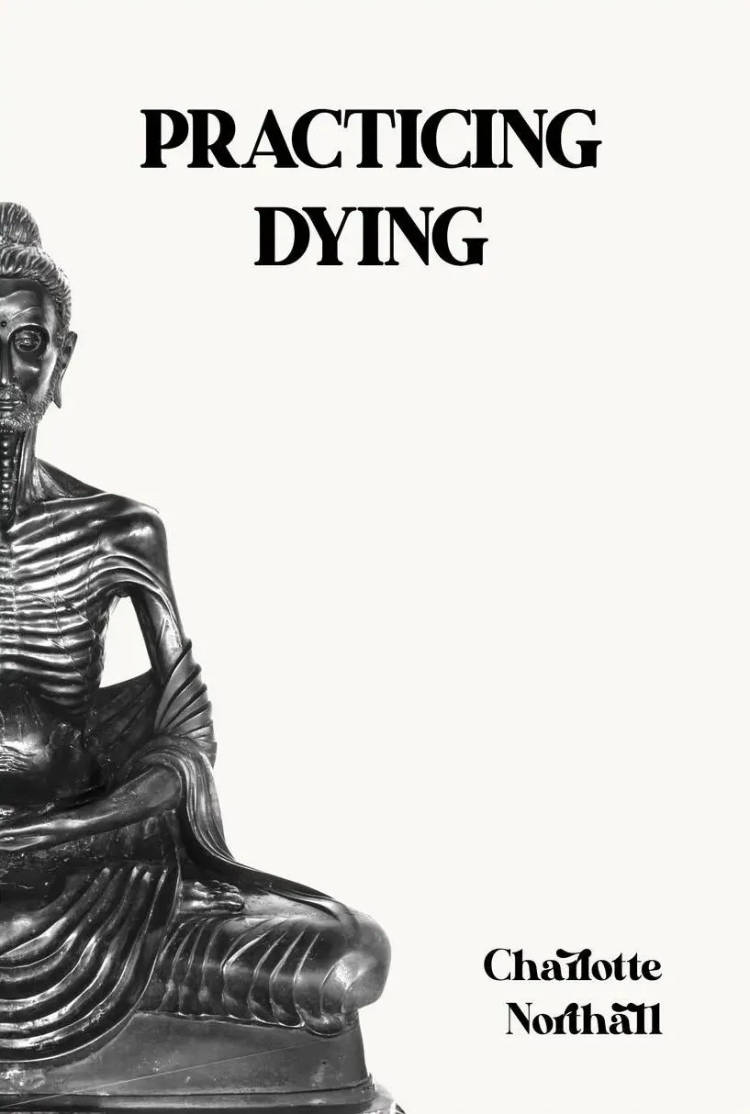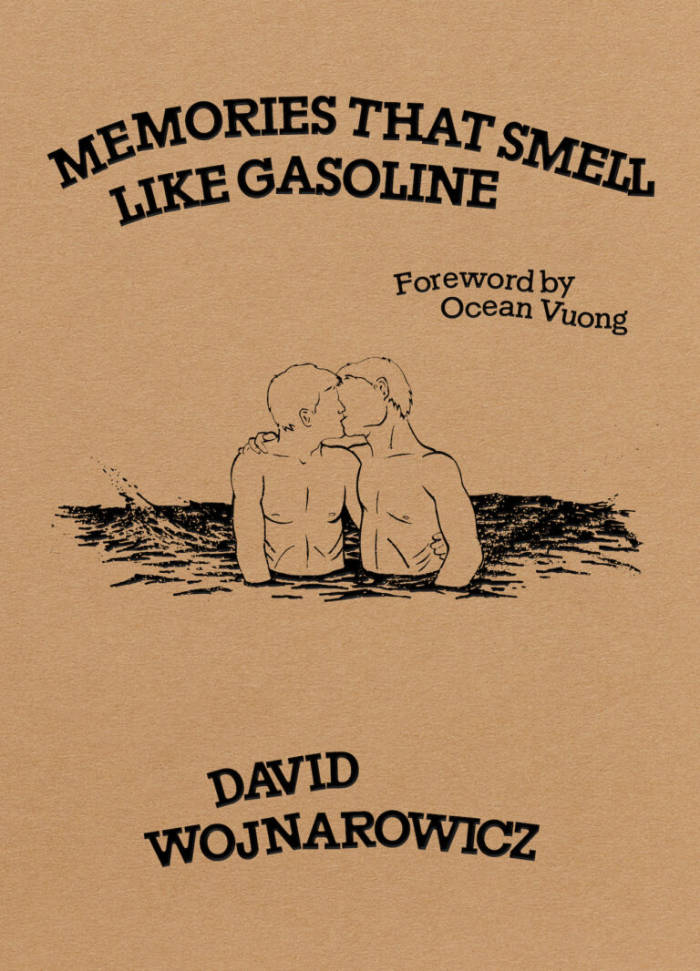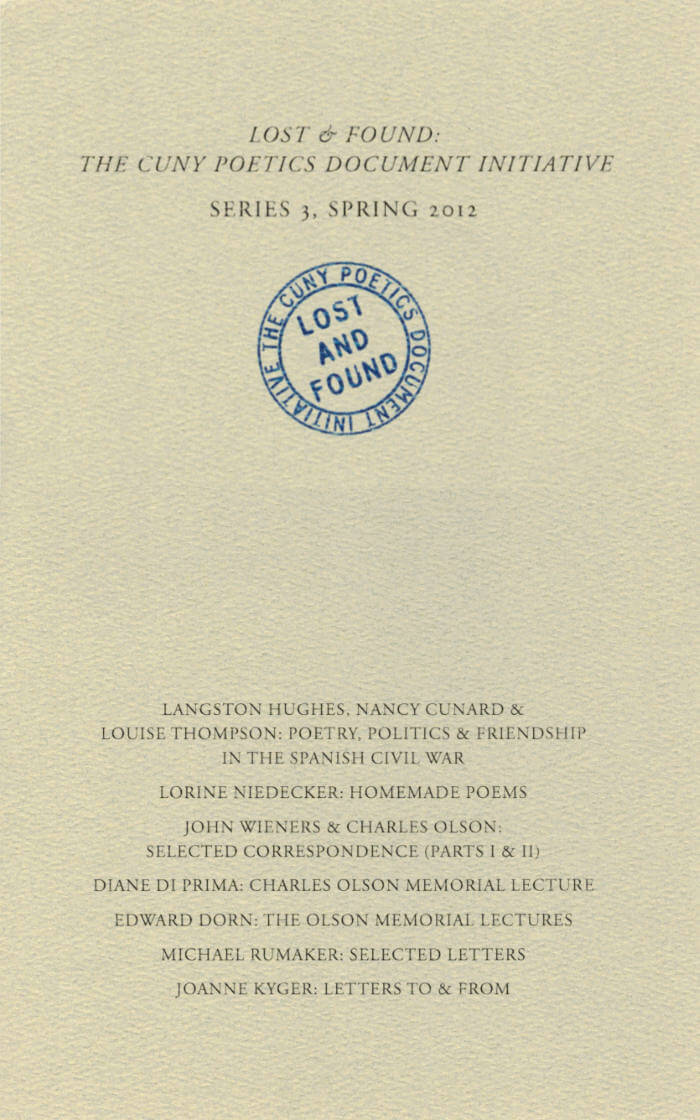
A Garden Manifesto
Richard Porter ed., Olivia Laing ed.
What do gardens mean and how can they change the world? A Garden Manifesto gathers radical visions rooted in the earth from artists, writers, gardeners and activists, among them Lubaina Himid, Derek Jarman, Jamaica Kincaid, Ana Mendieta, Dan Pearson and Wolfgang Tillmans. It’s a seed box for an uncertain future, packed with anarchic dreams of Eden-making and humming with resistance to the colonial project of homogenisation and destruction.
Featuring William Blake, Joe Brainard, Jonny Bruce, John Clare, Gerry Dalton, Ellen Dillon, Baha Ebdeir, Alys Fowler, Magdalena Suarez Frimkess, Gaylene Gould, Green Guerillas, Joy Gregory, Fritz Haeg, Lubaina Himid, Philip Hoare, Rosie Hudson, Derek Jarman, Chantal Joffe, Laura Joy, Jamaica Kincaid, Elisabeth Kley, Olivia Laing, Jeremy Lee, Siobhan Liddell, Alison Lloyd, Hilary Lloyd, Jo McKerr, Lee Mary Manning, Ana Mendieta, Bernadette Mayer, Rosemary Mayer, Huw Morgan, Eileen Myles, Hussein Omar, Palestinian Heirloom Seed Library, Ian Patterson, Dan Pearson, Jean Perréal, Charlie Porter, Pat Porter, J. H. Prynne, Claire Ratinon, Jamie Reid, Lisa Robertson, Kuba Ryniewicz, Saadi, Sui Searle, Sei Shōnagon, Colin Stewart, Tabboo!, Edward Thomasson, Wolfgang Tillmans, Scott Treleaven, John Wieners, David Wojnarowicz, Matt Wolf and Sarah Wood
Language: English







